The year was 2081, and everyone was finally equal
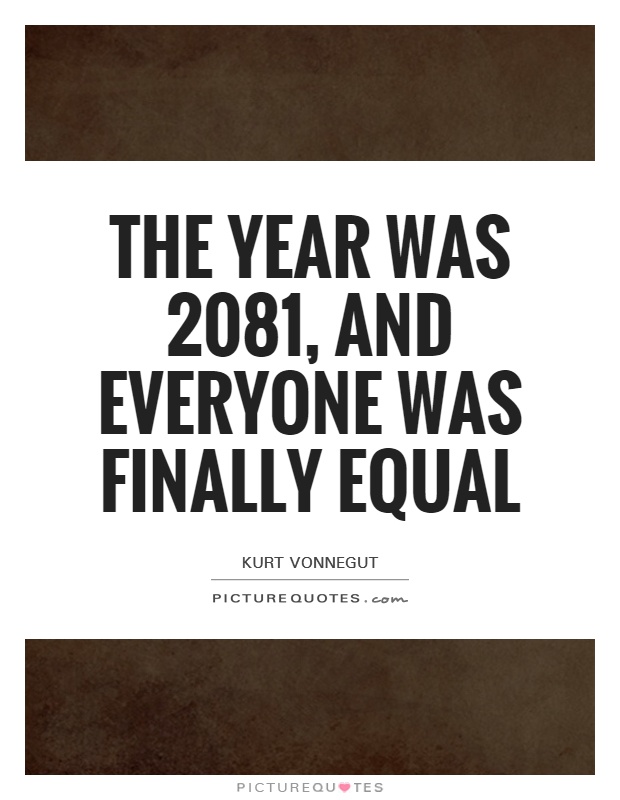
The year was 2081, and everyone was finally equal
In Kurt Vonnegut's short story "Harrison Bergeron," the year is 2081 and everyone is finally equal. This equality has been achieved through the use of handicaps that are imposed on those who are deemed to be above average in any way. The government enforces these handicaps in order to ensure that no one is more intelligent, talented, or beautiful than anyone else. This extreme form of equality is meant to eliminate competition and prevent anyone from feeling inferior to others.The story follows the Bergeron family, whose son Harrison is a genius and an athlete. Because of his exceptional abilities, Harrison is burdened with a variety of handicaps that prevent him from excelling in any way. He is forced to wear heavy weights to limit his strength, earpieces that emit loud noises to disrupt his thoughts, and a mask to hide his good looks. Despite these handicaps, Harrison manages to break free from his restraints and rebel against the oppressive government.
Vonnegut uses this dystopian society to critique the idea of forced equality and the dangers of conformity. By portraying a world where individuality is suppressed and mediocrity is celebrated, Vonnegut highlights the importance of diversity and the value of uniqueness. The story serves as a warning against the dangers of extreme egalitarianism and the consequences of sacrificing personal freedom for the sake of equality.
Through the character of Harrison Bergeron, Vonnegut challenges the notion that true equality can only be achieved through uniformity. Harrison's rebellion symbolizes the human desire for freedom and self-expression, even in the face of overwhelming oppression. Vonnegut's portrayal of a society where everyone is finally equal serves as a cautionary tale about the dangers of sacrificing individuality for the sake of conformity.

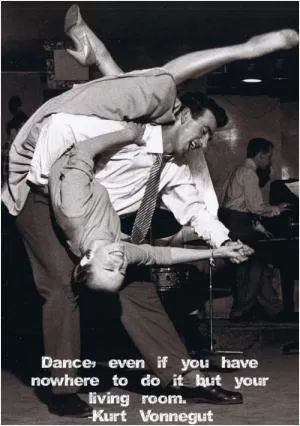
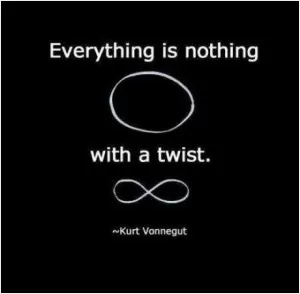





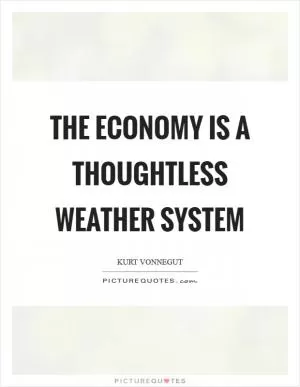

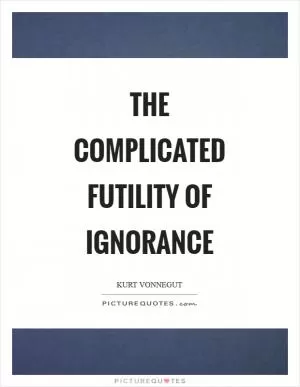

 Friendship Quotes
Friendship Quotes Love Quotes
Love Quotes Life Quotes
Life Quotes Funny Quotes
Funny Quotes Motivational Quotes
Motivational Quotes Inspirational Quotes
Inspirational Quotes